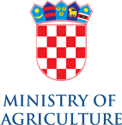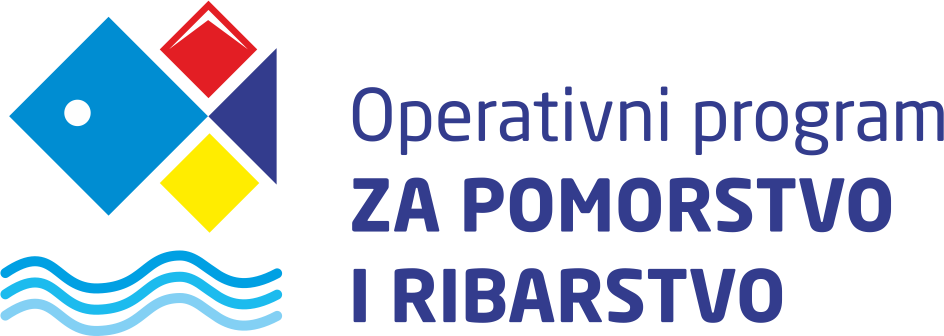Market organization
Market organization of fisheries products in Republic of Croatia is based on cooperatives, buy-off stations and registered first buyers. The first sales in accordance with the Marine Fisheries Act may only be done to the registered first buyers. Capture fisheries products may be placed on the market for the first time in accordance with the regulation governing marketing standards (presentation, preservation, freshness and size).
Market chains and the organization of the market itself differ between demersal and pelagic species. A large percentage of high-quality demersal fish (bottom trawl fishery, beach seine fishery etc.) is exported after the first sale, while small pelagic species form the backbone of processing industry, salting and marinating industry as well as fish feed for tuna farms.
Fisheries is an important element of overall export of agricultural products of Republic of Croatia. The total value of exports if fisheries products in 2010 was 113.119.244 USD (29.375 tons) in terms of fresh, chilled, frozen and salted products, and 22.276.036 USD (4.575 tons) in terms of processed products. The total value of export reached 135.395.280 USD. Export of tuna (total value of 42.775.405 USD in 2010) holds the very high fifth place in total export of agricultural products of Republic of Croatia. The most important markets are Japan, Italy and Spain.
The value of imported products in 2010 was significantly lower than the value of exports. The total value of imports of fisheries products in 2010 was 78.433.000 USD, and the quantity imported was 34.865 tons. Processed products reached 6.346 tons of imported quantities, with a total value of 23.967.654 USD. The most important imported commodity was frozen herring and frozen squid. The main partners in terms of imports are Spain, Falkland Islands, Norway, Sweden and Italy.
In accordance with the Act on structural support and market organization in fisheries, marketing standards are adopted for certain fisheries products, and are applied on their first sales. Marketing standards involve size categories and freshness categories, and form the basic element of the market intervention mechanism. Market interventions may be implemented only through recognized producers' organizations. Republic of Croatia is in the process of setting up of producer's organizations, in order to be able to activate all available mechanisms of market organization.
Given the organizational setup of the sector and the lack of producer's organizations as they are defined in Europe, Croatia actually has a long tradition of organization into cooperatives in the fisheries sector. MAFRD has adopted a series of ordinances which govern these issues and provide the framework for recognition of cooperatives. Recognized cooperatives are the beneficiaries of available instruments of support to the market organization.













